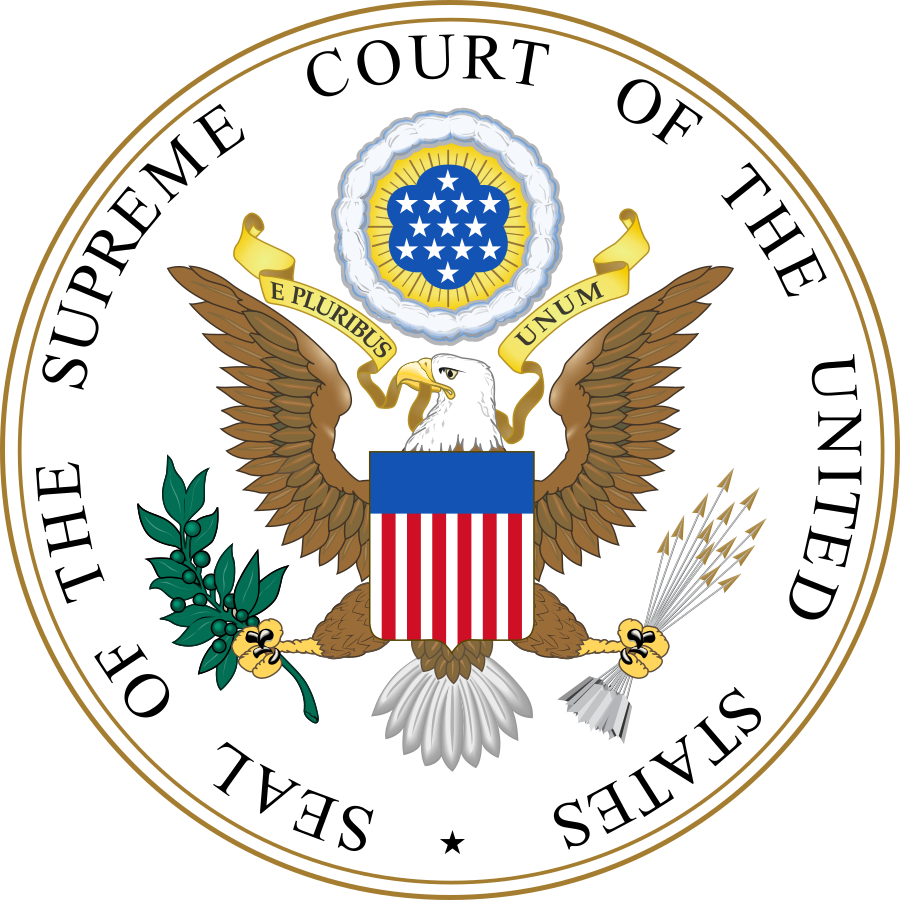
Background of news –
Wisconsin politics
By Bertram Benedict
Although Wendell Willkie has repeatedly stated in his primary campaign in Wisconsin that the result will be “crucial” to his chances for the nomination, the result in actuality may be less significant than that. For one thing, any voter may vote in either party primary in Wisconsin. The state does not even require, as do some other states with “wide-open” primaries, that the voter in a party primary pledge himself to support that party in the election.
Tomorrow’s statewide vote in Wisconsin for delegates-at-large to the national conventions may mean more than the vote for the district delegates. Mr. Willkie is supposed to be at a disadvantage in the districts bordering on Illinois, where the influence of The Chicago Tribune is strongest. Ex-Governor Stassen of Minnesota may do best in the districts bordering on Minnesota. Delegates for Gen. MacArthur may be aided by the fact that the general comes of a Wisconsin family, and spent most of his boyhood in Milwaukee.
Wisconsin long had a reputation as “leftish,” and for many years did lead the states in much social-welfare and political-reform legislation. The La Follettes controlled the state, which was the only one to vote for La Follette for President on a third-party ticket in 1924.
Former socialist stronghold
For 24 years, the mayor of Milwaukee was Daniel W. Hoan, a Socialist (much of his support came from non-socialists), and the second (and last) Socialist to sit in the House of Representatives was Victor Berger of Wisconsin (the first was Meyer London of New York).
But in recent years, Wisconsin may have swung well away from the left. Mr. Hoan was defeated for Mayor of Milwaukee in 1940. Two years before, Progressive Governor Philip La Follette had been defeated for reelection by a conservative Republican, Julius P. Heil.
Wisconsin gave Socialist Eugene Debs 85,000 votes for President in 1920; Socialist Norman Thomas, only 15,000 votes in 1940.
The state gave an overwhelming majority to Harding in 1920 and, although wet sentiment was strong, voted for Hoover over Smith in 1928. Wisconsin gave Roosevelt 67% of its major party vote in 1932 and 68% in 1936, but only 51% in 1940.
That it is dangerous to prophesy from primary results in Wisconsin was shown in 1940. Thomas E. Dewey, who stumped the state, contested the Republican primary with Senator Vandenberg, who remained in Washington but had Senator Nye of North Dakota to speak for him. Mr. Taft did not enter the primary, but the Taft men were believed to have supported Vandenberg, in a Stop-Dewey move. Mr. Dewey carried the primaries by about two-to-one over Mr. Vandenberg, and won all 24 delegates.
Prophecies recalled
Several days before, James A. Farley had predicted that if Mr. Dewey won in Wisconsin, he would be the Republican nominee. Mr. Vandenberg had been quoted to the same effect. Senator Nye said it was “very, very significant” that the total Republican primary vote was larger than the Democratic; he believed that Mr. Dewey had been helped by his “strong isolationist stand.”
E. F. Jaeckel, chairman of the executive committee of the New York State Republican Committee and now a Dewey sponsor; Charles P. Sisson, co-manager of Mr. Dewey’s campaign, and Kenneth Simpson, later a Willkie lieutenant, all said that the Wisconsin results augured well for a Republican victory in the nation.
In the Wisconsin Democratic primaries in 1940, President Roosevelt, not an avowed candidate, lost two delegates to John N. Garner. Mr. Garner got 25-30% of the Democratic vote, and Arthur Krock commented in his column in The New York Times of April 4, 1940:
If the vote for Garner delegates is viewed, as it must be, as a party protest against a third term for the President, then Mr. Roosevelt would face odds if he should seek reelection.
